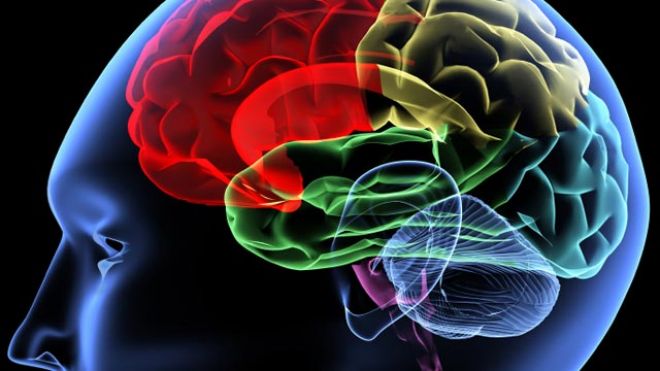
Many women dream of becoming mothers but few think about infertility until it affects them. According the Center for Disease Control, more than 7.4 million women have used fertility services. Diet is an often-overlooked component of fertility.  The right combination of treatments and following a proper fertility diet could increase a woman’s chances of achieving conception. Eliminate processed foods and choos natural, organic products whenever possible. To cut down on the number of toxins and hormones ingested, chose proteins from organic, grass-fed and pastured animals as often as you can. Certain vitamins and minerals might help a woman’s body prepare for conception. A good fertility diet is high in foods containing these five key components: Healthy fats Healthy fats, such as omega-3 fatty acids, may improve fertility by regulating hormones, increasing cervical fluid and promoting ovulation. A study published by the National Institute of Health found that women suffering from infertility had lower levels of omega-3s. There are 3 different types of omega 3 fats: ALA (alpha-linoleic acid), EPA (eicosapentaenioc) and DHA (docosahexaenioc acid). Good sources of plant-based ALA include hemp, flaxseeds or flax oil and walnuts. EPA and DHA are both animal-based and can be found in fatty fish such as salmon, herring, trout, tuna and cod as well as in egg yolks. Beef that has been pasture-raised is also a good source of omega-3 fatty acids. Vitamin D This fat-soluble vitamin helps support the production of estrogen and assists in regulating cell growth. Wild-caught fish, especially the fatty ones listed above, butter from grass-fed cows and pastured eggs are all good sources and are easy to incorporate into your diet. Other sometimes overlooked foods include organ meats (preferably from organic, pastured animals), oysters, fish roe and cod liver oil. Vitamin A This is an essential, fat-soluble vitamin that can help follicles develop and also improve cervical fluid. There are two groups of vitamin A: retinols and carotenoids. Retinols are found in animal products including beef liver, organic butter and cream, cod liver oil and eggs from pastured chickens. Beta-carotene is found in plant foods and more of it is required to obtain the same amount of usable vitamin A. The best sources of beta-carotene are carrots, pumpkin, sweet potato, spinach and collard greens. Vitamin E Vitamin E assists in the proper absorption of other fat-soluble vitamins and may further help fertility by normalizing hormone production. Butter from grass-fed cows, organ meats, sunflower seeds, almonds, dark leafy green vegetables, unrefined olive oil and pastured eggs are all a healthy part of a fertility diet. Iodine This mineral is required for healthy thyroid function which assists with the production of sex hormones. The best place to find iodine is in seafood as well as fruits and vegetables grown by the sea including seaweed, kelp and coconut products. Blackstrap molasses, spinach, eggs and whole milk dairy products are also beneficial. Besides focusing on the foods listed above, be sure to eat plenty of fresh fruits and vegetables. The key is to optimize nutrition and eliminate as many low-nutrient foods as possible. At the grocery store, shop the perimeter of the store where all the fresh foods are kept and limit the highly processed foods that are typically found in the aisles. Buying everything organic can be challenging so focus on purchasing organic proteins and organic vegetables that fall into the ‘dirty dozen,’ meaning they have been found to have the highest levels of pesticides (apples, celery, cherry tomatoes, cucumbers, grapes, hot peppers, imported nectarines, peaches, potatoes, spinach, strawberries and sweet bell peppers).Jacqueline Banks is a certified holistic health counselor and busy mother. & Her focus is on helping other busy moms in all stages of motherhood keep themselves and their little ones healthy and happy. & She uses natural and organic solutions to solve individual health problems and promote clean living. Check out her website at www.jbholistic.com.& & source : http://www.foxnews.com/health/2013/06/12/best-foods-for-fertility/

